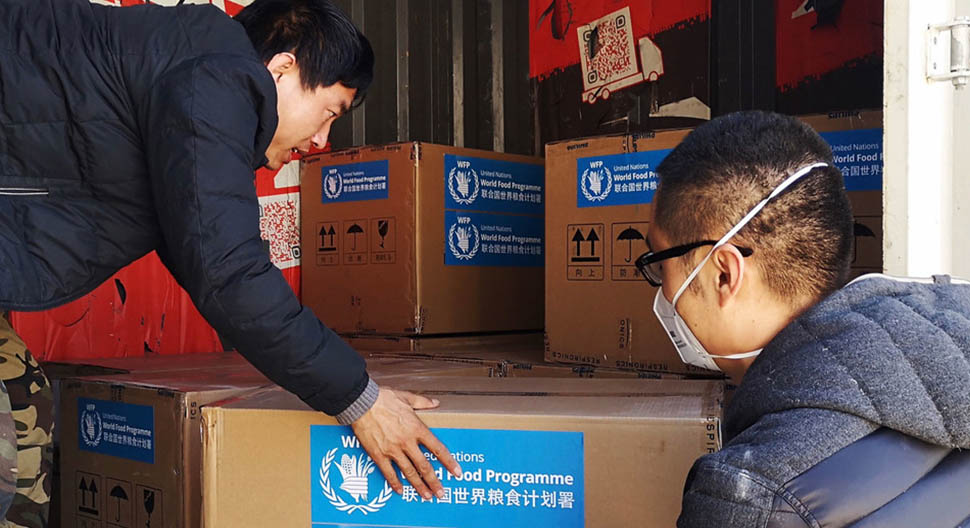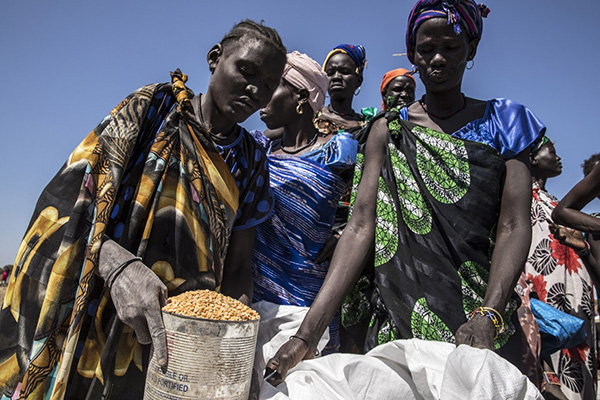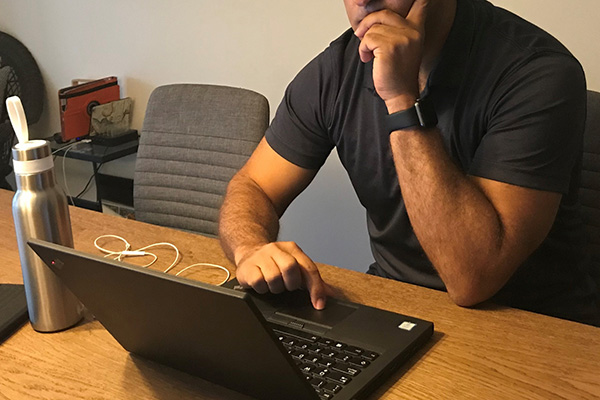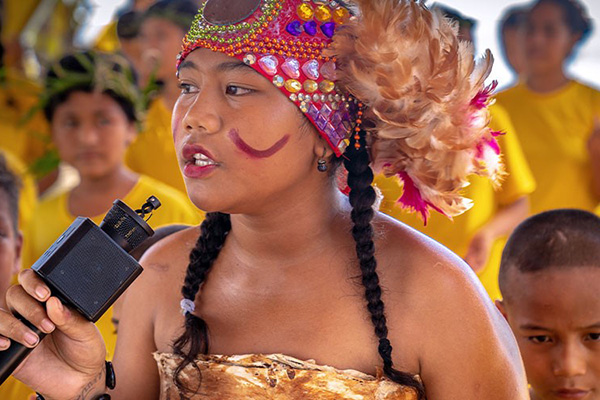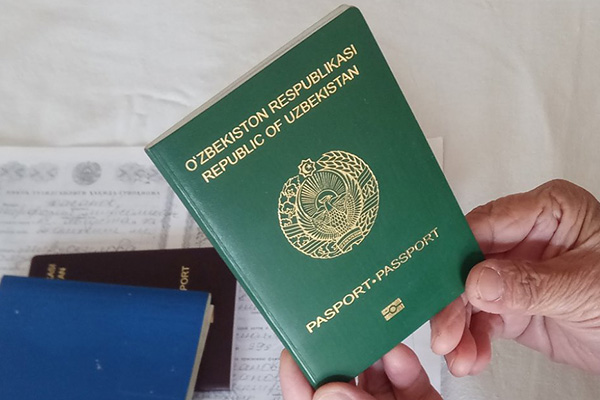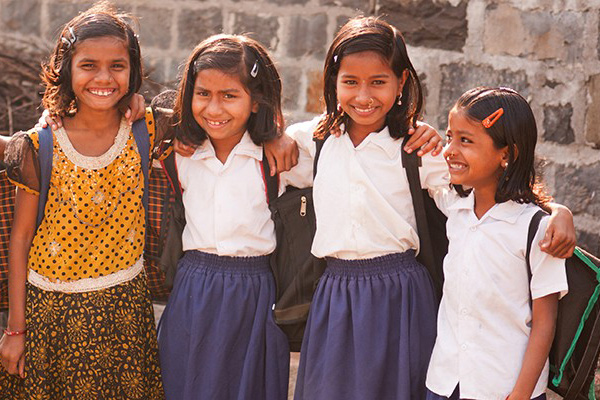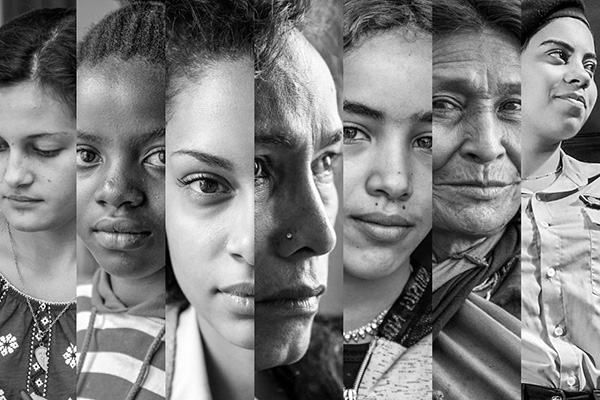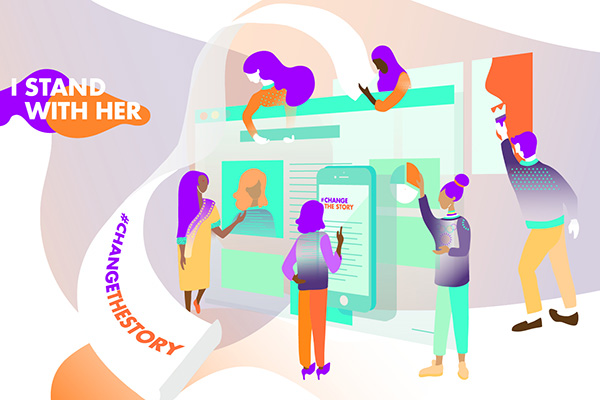With the coronavirus crisis spreading to more countries with broader social and economic implications, the United Nations is mobilizing its global workforce to help affected Governments to contain or slow the onslaught of this deadly disease. While the World Health Organization (WHO) continues to lead the global fight against the spread of COVID-19, around the world, UN teams are also working with authorities to support national preparedness and response plans, including immediate health priorities and broader social and economic impacts.
True to its nature as an agency always on the frontline of the toughest emergencies, WFP is already providing support in the response to the novel Coronavirus (COVID-19) pandemic and adapting its planning to ensure operations can carry on in a highly volatile environment. WFP is providing support to governments’ preparedness and response efforts, including the delivery of life saving equipment and protective medical gear, as well as food for those in isolation and refugees.
UNESCO launches an education coalition to help countries deploy remote learning to minimize disruptions and maintain social contact with learners. As an immediate response to massive school closures, UNESCO established a COVID-19 task force to provide advice and technical assistance to governments working to provide education to students out of school. The Organization holds regular virtual meetings with education ministers from all over the world to assess priority needs.
As countries reduce entry to their territories, refugee families are directly impacted by travel restrictions caused as a reaction to the COVID-19 global health crisis. Refugees may face delays and family separations. Some countries also place holds on resettlement arrivals. Adding the increased risk to exposure refugees may face, IOM and UNHCR suspend resettlement departures for refugees. This is a temporary measure that will be in place for as long as it remains essential.
UNIDO in Uruguay issued working from home in line with the government’s quick reaction to the first reported case of Covid-19 in the country. UNIDO works in close contact with local stakeholders in the private and public sectors placing its staff at the UNIDO office or at a national ministerial office. All staff are now working remotely meeting regularly through mobile apps or teleconferencing. This crisis tests the benefits of working from home, including a smaller carbon footprint.
Yasminna, one among 90 youth environmental activist, exposes the huge impact of rising sea levels threatening homes, crops and culture at child rights meeting in Samoa.
UNHCR welcomes new law allowing 50,000 stateless people in Uzbekistan to gain citizenship after providing recommendations to national authorities during its drafting.
The Green Climate Fund approves project to benefit vulnerable rural communities in Cuba to boost their resilience to climate change. The project is co-designed by FAO.
In an effort to shorten the time to recovery, the World Bank Group approved today an increase of fast-track financing to assist companies and countries in their efforts to respond to the rapid spread of COVID-19. The package will strengthen national systems for public health preparedness, including for disease containment, diagnosis, and treatment, and support the private sector. The World Bank Group is committed to a fast, flexible response based on the needs of developing countries.
It’s easy to feel overwhelmed by everything you’re hearing about coronavirus disease (COVID-19) right now. It’s also understandable if your children are feeling anxious, too. Children might find it difficult to understand what they are seeing online or on TV – or hearing from other people – so they can be particularly vulnerable to feelings of anxiety, stress and sadness. UNICEF recommends open and supportive conversations with your children to help them understand, cope and help others.
Since the COVID-19 outbreak, UNDP is committed to working with countries and communities across the world. In China, UNDP is working with relevant authorities to provide emergency support and assist in the procurement of critical medical supplies. In the spirit of solidarity, UNDP launches ‘Spread the Word, Not the Virus’ in more than 40 languages and dialects, for everyone to share reliable information from the WHO to properly protect themselves and others.
As we usher in the new decade and take stock of global progress on women’s rights, UN Women makes a call to join in achieving gender equality through these simple everyday actions.
UNESCO unveils a new fact sheet on girls’ education for International Women’s Day. Published as part of the #HerEducationOurFuture, the data focuses on the progress achieved over the past 25 years. It shows that girls’ enrolment rates in primary and secondary education almost doubling in low-income countries. But it also shows that the pace of change is not fast enough. At the present rate, getting every girl into primary school will only happen in 2050.
We must find new ways to approach and eliminate the harmful ideas that lead to gender discrimination. When half of humanity does not have the opportunities and freedoms of the other half, all society loses. Gender inequality also threatens the Sustainable Development Goals. The 25th anniversary of the visionary Beijing Declaration provides a vital opportunity to take more innovative approaches to closing the gender gaps and empowering women and girls. #CheckYourBias
The human rights campaign “I Stand with Her” challenges stereotypical views around gender equality, women’s rights and issues affecting women and lesbian, gay, bisexual, transgender and intersex (LGBTI) people. At the heart of gender-based discrimination lies harmful views and beliefs about the role of women and about what defines femininity and masculinity. Such views and beliefs are pervasive in all countries. Challenging them is the first step to build societies where all rights are fully respected.

